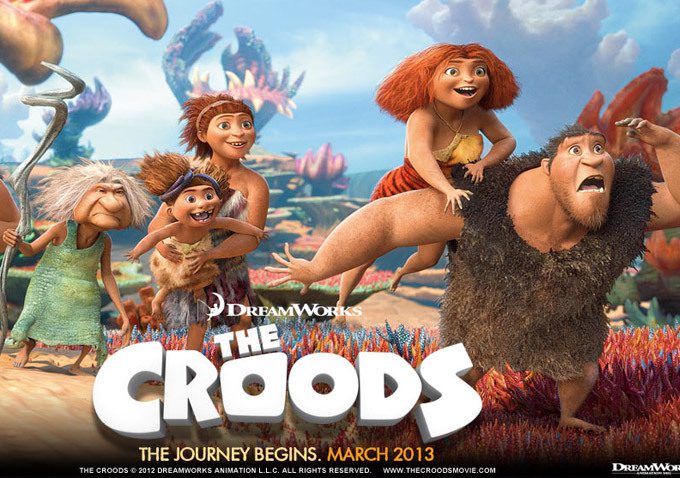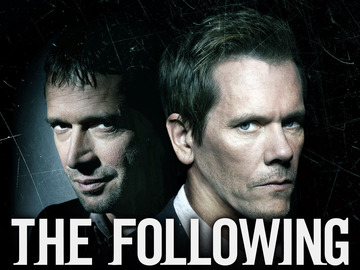I try not to know too much about movies before I review them. With Lincoln, Steven Spielberg’s latest entry into historical drama released across the US Nov. 16, 2012, I confess I had two biases at work.
The first came from the headline of an early review that proclaimed Daniel Day Lewis’ portrayal of Lincoln to be “wooden.” My second bias was that I already knew a good deal about Lincoln as a student of history. Although I respected much of his leadership, I didn’t always agree with Lincoln on his policy decisions.
But I’d hardly be alone there.
So not knowing what to expect, I was a little surprised to see that the 149-minute movie looks only at a narrow sliver of Lincoln’s presidency. Based on the book Team of Rivals: Lincoln Film Tie-in Edition by Doris Kearns Goodwin (an excellent read, by the way), Lincoln portrays the political machinations behind Lincoln’s attempt to get the 13th Amendment to end slavery through the US House of Representatives a few months before the end of the war and his subsequent assassination.
In many ways, I felt as if I had been plunked down in the middle of the tale. Those less familiar with Civil War history might find the experience a bit disconcerting. The film uses the relatively brief historical period of only a few months to portray Lincoln as a master political strategist. It is through that lens that we get insight into Lincoln’s leadership style, his family challenges, and inner wrestling with the stresses of leading a country at war with itself.
As Spielberg aptly portrays, not even Lincoln always agreed his rights existed to do certain things, but as Lewis’ character proclaims, “I decided I needed them [rights] to exist to uphold the Constitution…. I felt the war demanded it…. I hoped….” Spielberg’s Lincoln is thus a humbling look at a great — but conflicted — man. Lincoln seems a man out-gifted but not outwitted, out-styled but not outmaneuvered, out-resourced but persevering in the relentless pursuit of his goal — passing the 13th Amendment and ending the war. And paying a high price for it.
As expected of any Spielberg historical work, the film is rich in historical accuracy and attention to detail. It is also blunt in its portrayal of opinions of the day regarding slavery. Expect to hear some language that would be rightly offensive, but historically accurate. Spielberg does a fairly good job of presenting the various arguments of the day, so that those who opposed abolition are not simply cast as insane monsters. For the most part.
The film gives a decent voice to the Confederate arguments; however, during the scenes of negotiations for peace between Lincoln and Confederate Vice President Alexander Stephens (Jackie Earle Haley), it’s hard to miss the lighting that make Stephens look like a one-eyed monster, complete with a hint of lunatic thrown in. Lincoln, on the other hand, though he looks increasingly haggard, always has the pithy remark, always a weighty and wise story, and always a well-timed-if-somewhat-slowly-developing subtle piece of humor. In short, he’s always the good guy.
I was left wandering, did this guy have any faults? My favorite line came from Secretary of War Stanton (Bruce McGill) when Lincoln paused in the midst of a crisis to tell yet another story: “I don’t believe that I can bear to hear another one of your stories right now!” I suspect many wanted to say the same thing often enough, but lacked the courage. You might find yourself muttering the same thing as you break for a popcorn refill.
The external tension in the tale arises as Lincoln and his team attempt to push the 13th Amendment through Congress against resistance from the Democrats. But the real tension comes from within Lincoln himself as he tries to balance the prospect of ending the war with the reality that ending the war might mean the end of leverage needed to pass the 13th Amendment. You can feel the frustration withing Lewis’ character as he wrestles with the political realities, bending the means when needed to justify what he considers a more worthy end.
As for Lewis’ performance, I thought it was really quite good, a realistic portrayal of how most American’s perceive their 16th President. For those who say his performance was “wooden,” well, it was Abraham Lincoln. I wasn’t exactly expecting Robin Williams. Lewis does better than a fine job. In fact, I think his performance rescues a plot that otherwise get’s pretty bogged down at times when most of the tension is going on inside the main character’s head and heart.
As a father of younger children and a man of faith, I’m always keeping an eye on content with those things in mind. The film is rated PG-13 for a few intense scenes of war brutality and scattered profanity throughout, including a few from Lincoln himself. I found that portrayal pretty typical of what you’d expect the halls of Washington to sound like, for better or for worse. I expected the assassination scene to be gory, but Spielberg deals with it off-camera, focusing instead on the emotional impact on Lincoln’s son — yet another reason to keep the younger kids away for now. I’ll wait until my children reach their mid-teen years, then watch it with them after prepping them first.
The bigger concern, frankly, is that they will just think Lincoln is boring. And you might, too, unless you’re a history or leadership buff. As a celebration of the end of slavery, it certainly has merit, although the story of William Wilberforce as told in in Amazing Grace made for more captivating cinema.
My take on Lincoln? Meh.
It was pretty good, for a historical drama. But I wouldn’t change my plans to go see it. I probably won’t bother to see it again. And I like history.
I think you could wait for the DVD and still not miss much.
[FYI: Some of the above links may be affilliate links, which means I get a few pennies if you purchase something through them, though it doesn’t cost you anything more.]












